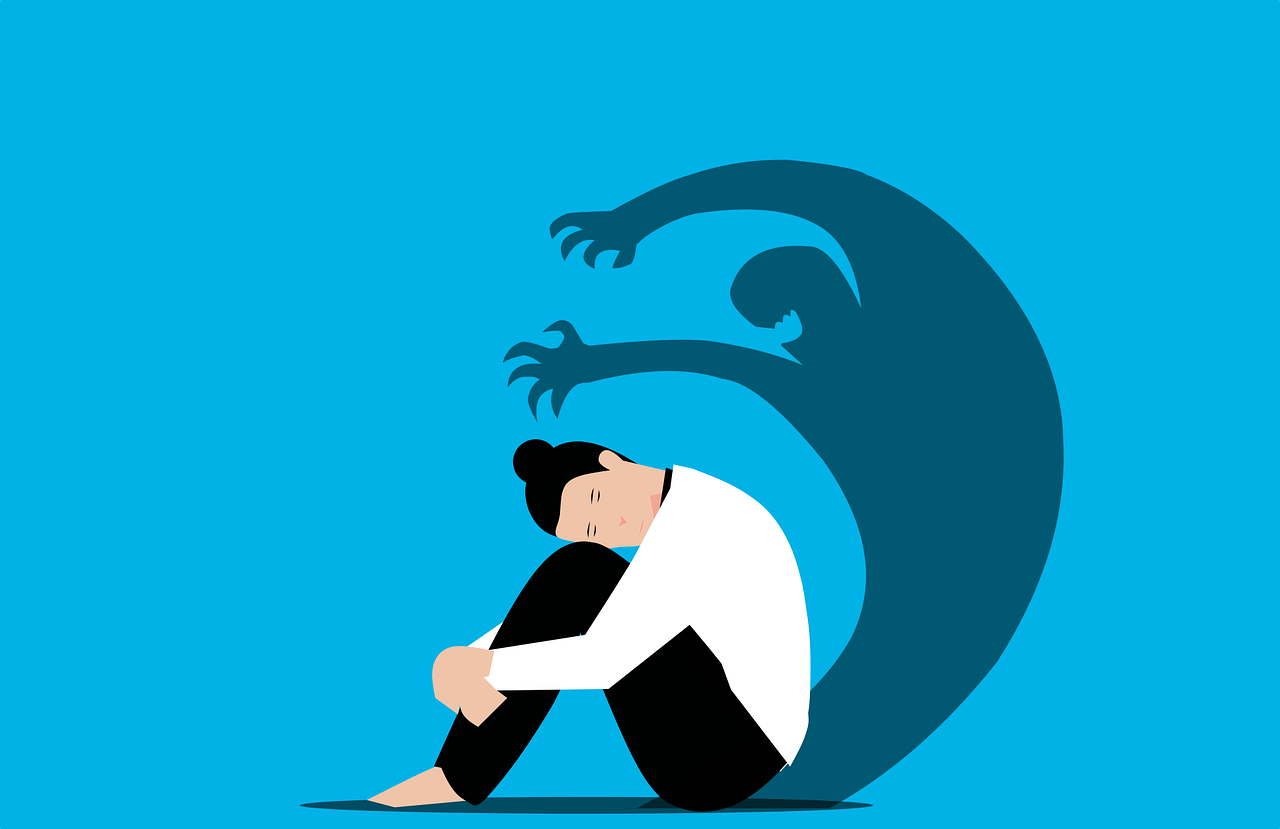Many people find it challenging to detect anxiety, and they usually mistake it for regular stress. Over 19% of adults, primarily women, living in the United States are dealing with anxiety disorders, which are some lesser-known facts about anxiety. Learning what are the symptoms of anxiety will help you discover whether you are suffering from this type of disorder.
Anxious people usually experience severe distress that negatively affects other aspects of their lives. They find themselves unable to establish valuable relationships, and trustworthy friendships, or focus on academic work due to high anxiety symptoms. This condition increases the chances of the affected individuals being prone to developing substance abuse.
Not all people suffering from anxiety will experience the same symptoms. However, there are some symptoms of anxiety that can’t be confused with any other condition because they last long and can become worse if left untreated. Luckily, there are many treatment options to help individuals improve their mental health and start feeling better.

Excessive Fear and Panic
When learning what are the symptoms of anxiety, you will probably come across the most common one – excessive fear. People suffering from anxiety usually feel scared every day and find it difficult to get out of bed.
This symptom is accompanied by sweating and fast heartbeats in unknown or seemingly dangerous situations. Constant fear can lead to panic attacks and increased worry that something terrible is going to occur during social interactions.
Difficulty Concentrating
Anxiety negatively impacts your mental health and drains the energy needed to focus on essential things. Even if an anxious person tries their hardest to concentrate on something, intrusive thoughts may prevail, and the ability to think rationally and clearly disappears.
“Brain fog” is one of the most common anxiety symptoms. Many struggle to avoid thinking about negative things. They let these thoughts cause mental confusion and lower their attention span, which is necessary for concentrating on daily or academic tasks.
Restlessness
Have you seen someone constantly fidgeting, shaking their legs, getting easily distracted, or feeling uneasy? Restlessness is one of the high anxiety symptoms causing impulsive behavior and inability to control emotions.
It can also cause anger and deep depression if accompanied by tremors and insomnia. Some people respond to stress with a sudden adrenaline boost they cannot control, which causes frustration and tension.

Nausea
Fear and uneasiness are very overwhelming for some people, and it leads to them feeling nauseous often. Anxious people rarely feel comfortable, and this constant pressure on the body and mind results in nausea.
Our bodies have natural reactions to stress. For most people, it may be crying or muscle tenseness. But, for people with anxiety disorders, the symptoms of stress are more intense and can cause them to vomit.
Stomach Sickness
Similar to nausea, stomach sickness causes bodily discomfort. Severe nausea can lead to a person feeling sick to their stomach multiple times a day. This is also one of the reasons why anxious people don’t want to go outside. They are scared of getting stomach sickness in public and embarrassing themselves.
This symptom can also be accompanied by stomach pain and decreased appetite. The stomach feels so nervous and disturbed that an individual cannot think of eating something delicious and actually enjoying it.
Fast Heartbeats
One of the most triggering anxiety symptoms people experience is a faster-than-usual heart rate. A person may feel extremely nervous or stressed that they are unable to control their breathing and intense hard pounding.
Due to their high anxiety symptoms, they cannot calm themselves down and use some relaxation techniques to stabilize their heartbeats. These so-called heart palpitations can also cause the heart to skip beats and start to flutter.

Shakiness
Increased heart rate can lead to the affected individual experiencing shakiness during an anxiety attack. Their blood pressure also rises and may result in muscle twitching or experiencing a feeling of the body freezing.
When a person’s body is shaking, they can also start excessively sweating due to anxiety. This symptom occurs when someone’s anxiety disorder has developed due to sensing danger, worrying about the same things over and over again, and panicking at the slightest inconvenience.
Insomnia
Constant worry keeps anxious people awake at night. Their minds are consumed by memories of stressful events, making it difficult to fall asleep. Anxiety-caused insomnia causes an inability to relax and get good rest.
This symptom is frustrating to deal with. For this reason, many anxiety sufferers turn to sleeping medications which can cause addiction and worsen the condition. Sleep disturbances also lead to exhaustion and prolong the recovery process.
Anxiety Symptom Management Tips
After learning what are the symptoms of anxiety, you might be curious to discover how to manage them. Consider the following useful tips:
Psychological Interventions
Anxiety disorders are not easily recognizable, but professionals can manage anxiety symptoms using effective techniques. They offer cognitive-behavioral therapy, and education about coping mechanisms or stress management.
Self-Care Practices
If an anxious person is willing to recover, they should start practicing a few self-care methods. These include weekly physical exercise, avoiding alcohol, developing regular eating habits, learning relaxation techniques, and embracing the power of mindfulness.
Proper Diagnosis
Professionals can help manage symptoms by diagnosing the type of anxiety disorder an individual is suffering from. Common types include generalized anxiety disorder, panic disorder, social anxiety disorder, agoraphobia, separation anxiety disorder, specific phobias, and selective mutism.



